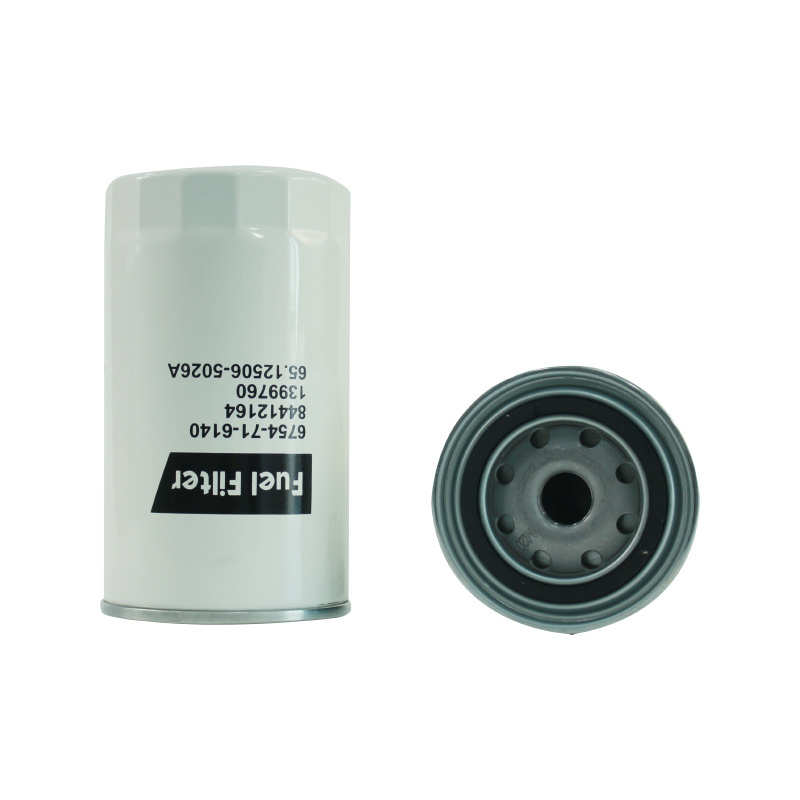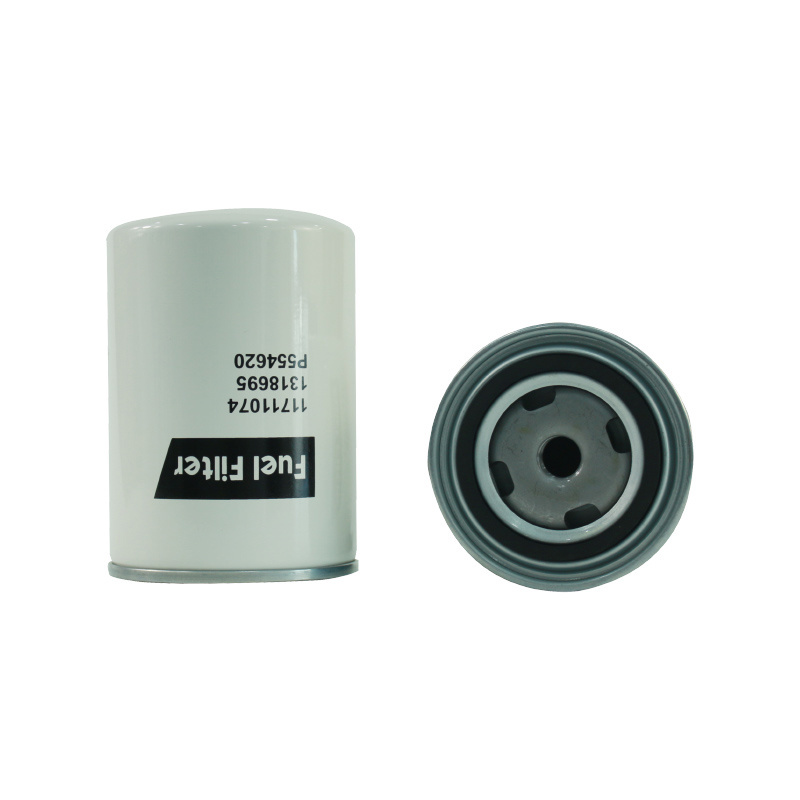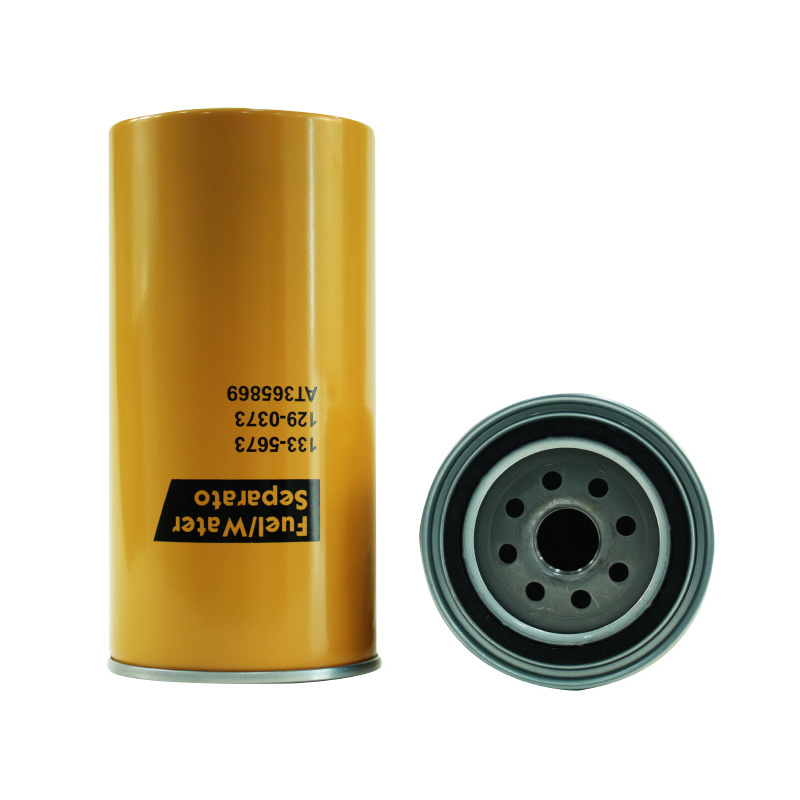Welcome to Hebei Takai Vehicle Parts Technology Co., Ltd.
How to Choose the Right Fuel Filter for Maximum Performance
Release Time:
Aug 06,2025
How to Choose the Right Fuel Filter for Maximum Performance Table of Contents Introduction to Fuel Filters and Their Importance Understanding Fuel Filters: The Basics Types of Fuel Filters: Which One Is Right for You? Performance Indicators: How Fuel Filters Affect Your Vehicle Selecting the Right Fuel Filter for Your Vehicle Installation Tips for Optimal Performance M
How to Choose the Right Fuel Filter for Maximum Performance
Table of Contents
- Introduction to Fuel Filters and Their Importance
- Understanding Fuel Filters: The Basics
- Types of Fuel Filters: Which One Is Right for You?
- Performance Indicators: How Fuel Filters Affect Your Vehicle
- Selecting the Right Fuel Filter for Your Vehicle
- Installation Tips for Optimal Performance
- Maintenance and Replacement: Keeping Your Fuel Filter Efficient
- Common Questions About Fuel Filters
- Conclusion: Fuel Filters and Vehicle Performance
Introduction to Fuel Filters and Their Importance
Fuel filters play a crucial role in maintaining the health and performance of your vehicle. They are designed to remove impurities and debris from the fuel before it reaches the engine, ensuring that the engine operates smoothly and efficiently. This comprehensive guide will help you navigate the selection process, enabling you to choose the right fuel filter tailored to your vehicle's needs.
Understanding Fuel Filters: The Basics
Fuel filters are essential components in modern vehicles. They act as a barrier between the fuel tank and the engine, preventing contaminants such as dirt, rust, and other debris from entering the fuel system. Understanding how fuel filters work and their construction is vital for selecting the right one.
How Fuel Filters Function
The primary function of a fuel filter is to trap contaminants and allow clean fuel to flow to the engine. When fuel passes through the filter, it is subjected to various filtration methods, including mechanical filtration and adsorption. This process helps to prolong the life of the fuel injectors and improve engine performance.
The Construction of Fuel Filters
Fuel filters are typically constructed from a combination of materials, including paper, synthetic fibers, and metal. The choice of materials can affect the filter's ability to remove particulates and the overall lifespan of the filter. Higher-quality filters often utilize advanced materials that enhance filtration efficiency.
Types of Fuel Filters: Which One Is Right for You?
There are several types of fuel filters available on the market, each designed for specific applications. Understanding these types will help you make an informed decision.
Inline Fuel Filters
Inline fuel filters are the most common type found in modern vehicles. They are installed in the fuel line and filter fuel as it travels from the tank to the engine. These filters are compact and easy to replace, making them a popular choice for DIY enthusiasts.
In-Tank Fuel Filters
In-tank fuel filters are located inside the fuel tank and are often part of the fuel pump assembly. They are designed to filter fuel before it is pumped into the engine. While they are generally effective, they can be more challenging to replace due to their location.
Cartridge Fuel Filters
Cartridge fuel filters are typically used in diesel engines and are characterized by their replaceable filter element. These filters offer high filtration efficiency and are often used in heavy-duty applications.
Performance Indicators: How Fuel Filters Affect Your Vehicle
Selecting the right fuel filter is essential for maximizing your vehicle's performance. Several indicators can help you assess whether your fuel filter is functioning optimally.
Engine Performance and Acceleration
A clogged fuel filter can restrict fuel flow, leading to reduced engine performance and sluggish acceleration. If you notice a decrease in power or a rough idle, it may be time to check your fuel filter.
Fuel Efficiency
A clean and efficient fuel filter can improve fuel economy. If your fuel filter is dirty or clogged, it can lead to increased fuel consumption. Regular maintenance of the fuel filter can help you save on fuel costs.
Engine Longevity
By preventing contaminants from entering the engine, a high-quality fuel filter contributes to the overall longevity of the engine. This factor is especially crucial for vehicles that are frequently used for heavy-duty tasks or in harsh conditions.
Selecting the Right Fuel Filter for Your Vehicle
Choosing the right fuel filter involves several considerations. Here are the critical factors to keep in mind:
Vehicle Compatibility
Always check the manufacturer's specifications to ensure that the fuel filter is compatible with your vehicle's make and model. Using an incorrect filter can lead to performance issues and may void your warranty.
Filtration Efficiency
Look for filters that provide high filtration efficiency. This is often indicated by the micron rating, which measures the size of particles the filter can capture. A lower micron rating typically equates to better filtration.
Brand Reputation
Opt for reputable brands known for producing high-quality fuel filters. Research customer reviews and ratings to gauge the reliability and performance of various brands.
Installation Tips for Optimal Performance
Proper installation of your fuel filter is crucial for ensuring its effectiveness. Here are some tips to consider:
Follow Manufacturer Instructions
Always refer to the manufacturer's guidelines for installation. They provide specific procedures that are essential for proper function.
Use the Right Tools
Having the appropriate tools on hand can make the installation process smoother. Ensure you have the necessary wrenches, pliers, and screwdrivers.
Check for Leaks
After installation, always check for leaks. A properly installed fuel filter should not leak fuel. If you notice any signs of leaking, revisit your installation procedures.
Maintenance and Replacement: Keeping Your Fuel Filter Efficient
Maintaining your fuel filter is essential for optimal vehicle performance. Regular checks and timely replacements are key.
When to Replace Your Fuel Filter
As a general rule, fuel filters should be replaced every 20,000 to 30,000 miles, but this can vary based on your vehicle's make and model. Refer to your owner's manual for specific recommendations.
Signs of a Failing Fuel Filter
Watch for symptoms such as poor acceleration, engine misfires, or difficulty starting the engine. These can indicate that your fuel filter may be clogged and in need of replacement.
Common Questions About Fuel Filters
1. How often should I replace my fuel filter?
It's recommended to replace your fuel filter every 20,000 to 30,000 miles, but always consult your vehicle's manual for specific guidelines.
2. Can I clean my fuel filter instead of replacing it?
In most cases, fuel filters are designed for one-time use and should be replaced rather than cleaned.
3. What happens if I don't replace my fuel filter?
Failure to replace a clogged fuel filter can lead to engine performance issues, decreased fuel efficiency, and potential engine damage.
4. Are aftermarket fuel filters as good as OEM filters?
Many aftermarket filters can be of equal quality to OEM filters, but it's essential to research brands and ensure they meet performance standards.
5. Can a fuel filter affect my car's emissions?
Yes, a clogged fuel filter can lead to incomplete combustion, resulting in increased emissions. Regular maintenance can help keep emissions in check.
Conclusion: Fuel Filters and Vehicle Performance
Choosing the right fuel filter is integral to maintaining your vehicle's performance and longevity. By understanding the types of fuel filters, their functions, and the signs of wear, you can make an informed decision that enhances your driving experience. Regular maintenance and timely replacements further ensure your engine runs smoothly and efficiently, ultimately saving you time and money in the long run. Prioritize the health of your fuel system, and you’ll reap the benefits of a well-maintained vehicle.
You Can Also Learn More About Industry Trends











